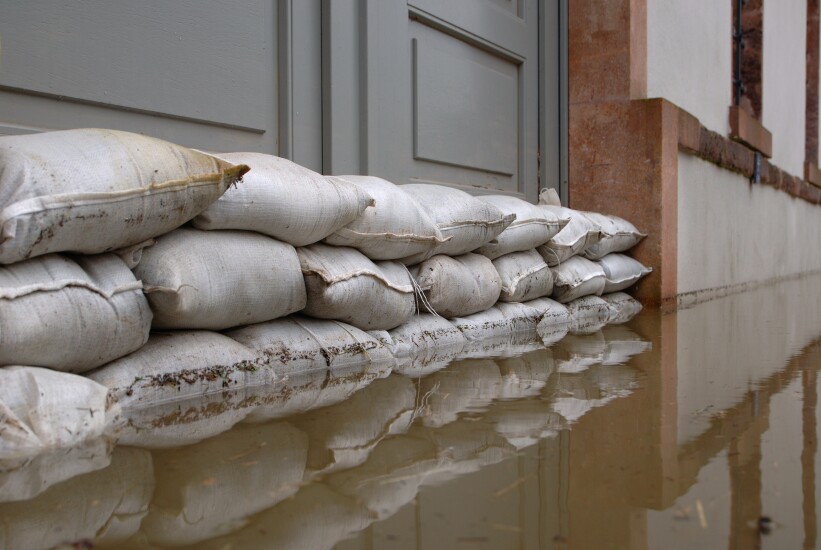The government shutdown is now the longest in American history, officially hitting that mark over the weekend. Though only a partial shutdown, it is having an outsize impact on banks, credit unions and mortgage lenders across the country. Some of these have been mitigated due to actions by the Trump administration, while others continue largely unaddressed.
With President Trump refusing to end the shutdown until Democrats agree to fund a wall on the southern border, it is unclear when the shutdown will end. Some predict Trump may eventually give up and instead seek to invoke emergency powers to build the wall, a strategy that carries significant legal risk. Others argue the president will keep the shutdown in place in the hopes pressure builds on Democrats to make a deal.
Following is a look at where financial services are most affected.













